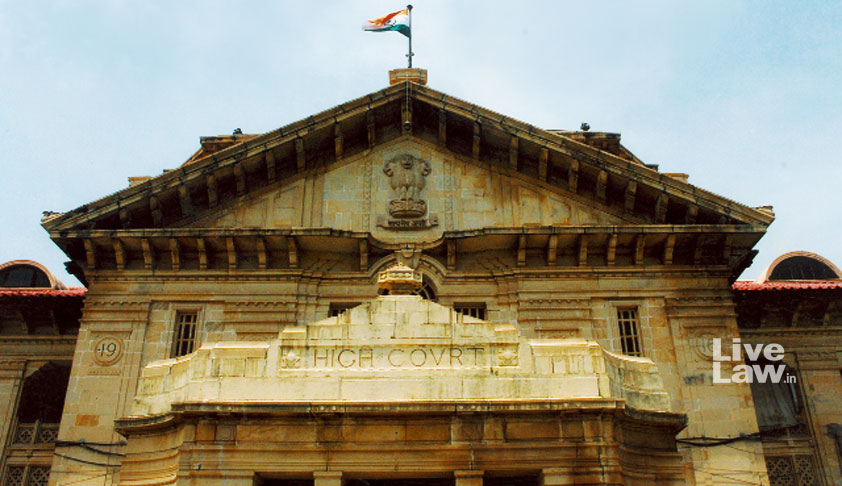Centre Returns 2 Names For Appointment To Allahabad HC The Second Time In 2 Years
Apoorva Mandhani
24 Jun 2018 10:11 PM IST

Next Story
24 Jun 2018 10:11 PM IST
Amidst growing concerns of enhanced Government interference in the appointment of judges, the Narendra Modi government has for the second time returned for reconsideration the names of two lawyers cleared to be appointed as judges of the Allahabad High Court by the three-member Supreme Court collegium.According to a report by The Print, the files of Basharat Ali Khan and Mohammad Mansoor...
